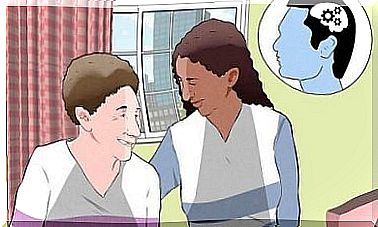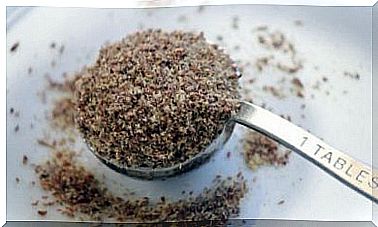What To Do If Your Child Misbehaves?
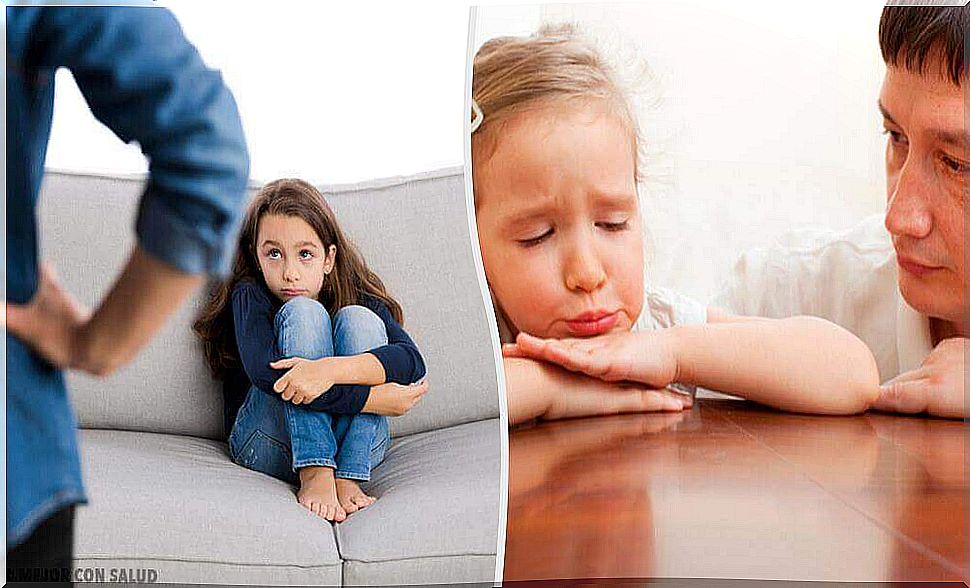
When a child misbehaves, parents tend to lose patience and a power struggle ensues. People often think that children misbehave on a whim, but that is not the case. It is your job as a parent to identify the reasons why your child is misbehaving.
Misconduct can mean:
- temper tantrums
- tantrums
- breaking and hitting toys or other objects
Some kids pee or poop in their pants, even though they’re already potty trained. Others simply ignore orders, yell or do naughty things that drive adults crazy.
Why a child misbehaves vision?
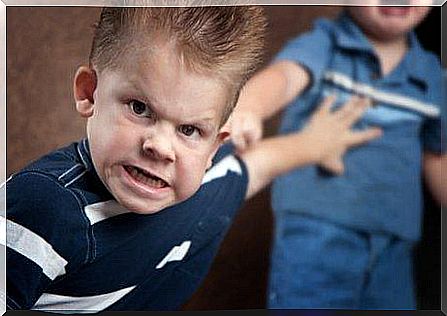
Attention
One of the main reasons children do this is to get their parents’ attention. This happens when the child determines that they are not getting the attention they deserve when they behave well. Then the child misbehaves to get the attention of the parents and the adults around them.
Unfortunately, they usually get what they want as the parents and adults start talking about the child’s behavior, making them the center of attention.
Neglect
Another reason why a child misbehaves is that they feel neglected. It usually happens when you go shopping, for example, and tell the child that they are tired.
Because they don’t get an answer, they get angry. This encourages the child to just misbehave next time because they know it works and is the perfect way to get attention.
Jealousy
Another reason why a child misbehaves is jealousy. Perhaps the child is jealous of:
- one of his/her siblings
- a girlfriend)
- a parent
Unfortunately, children discover at a very young age that if they misbehave, they can manipulate any situation.
Lack of boundaries or conflicting rules
Also, a lack of boundaries or contradictions between the rules set can also be reasons why children misbehave. For example: Mom forbids something, but Dad allows it.
Misbehavior is only caused in extreme cases by serious behavioral problems such as:
- a low frustration tolerance
- hyperactivity
- poor social skills
- little to no impulsive control
- an inappropriate family environment
- overprotection
- school problems
- abuse (physical or mental)
What to do if a child misbehaves?
After analyzing the misbehavior and determining its causes, you need to analyze how you act when your child misbehaves. Your behavior during a tantrum can make a problem worse instead of solving it.
Be patient and understanding
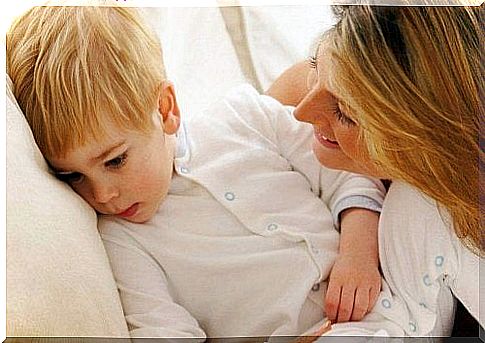
When their children misbehave, parents experience crisis, become desperate, and eventually show their authority. Try not to get angry and be kind, but firm when you tell your child how to behave. Losing your patience will only lead to a power struggle where both of you will test your limits.
Don’t get carried away by what other people say
A tantrum around company often makes parents feel uncomfortable. Often, they eventually give in to the child’s demands to calm them down and avoid an uncomfortable situation.
Don’t be influenced by what others think. Hugging your child really tight is a great technique. Depending on the age of your child, you can hold his/her hands lovingly and explain what he or she is doing wrong.
Then you can just continue doing what you did and ignore the fact that your child is still crying. Not paying attention to your child in situations like this will prevent future tantrums.
Try not to yell or belittle your child
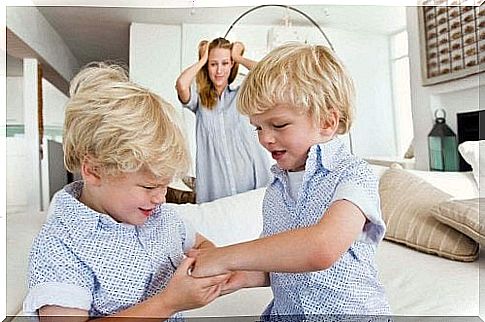
When a child misbehaves, he/she may be trying to communicate with you, but just don’t know how. This depends on the age of your child. Children learn from examples.
- If you ask your child not to yell, but you eventually lose your temper and start yelling, you will eventually confuse your child.
- It’s also not a good idea to tell your child that he/she is being naughty or that the other children are behaving better.
Value good behavior
Most parents do not praise the good behavior of their children. Certain phrases make them feel good such as:
- “It’s so good that you share your toys with your sister.”
- “Thank you for picking up your toys and clothes, what a great help.”
Conclusion
Disciplining a child doesn’t mean controlling them, but simply helping them maintain their composure. It is best that the child behaves well because he wants to and not because he ‘should’.
If you try to control them, your child will eventually awaken discontent and insecurity. Dedication, patience and love are the keys to correcting wrongdoing.






